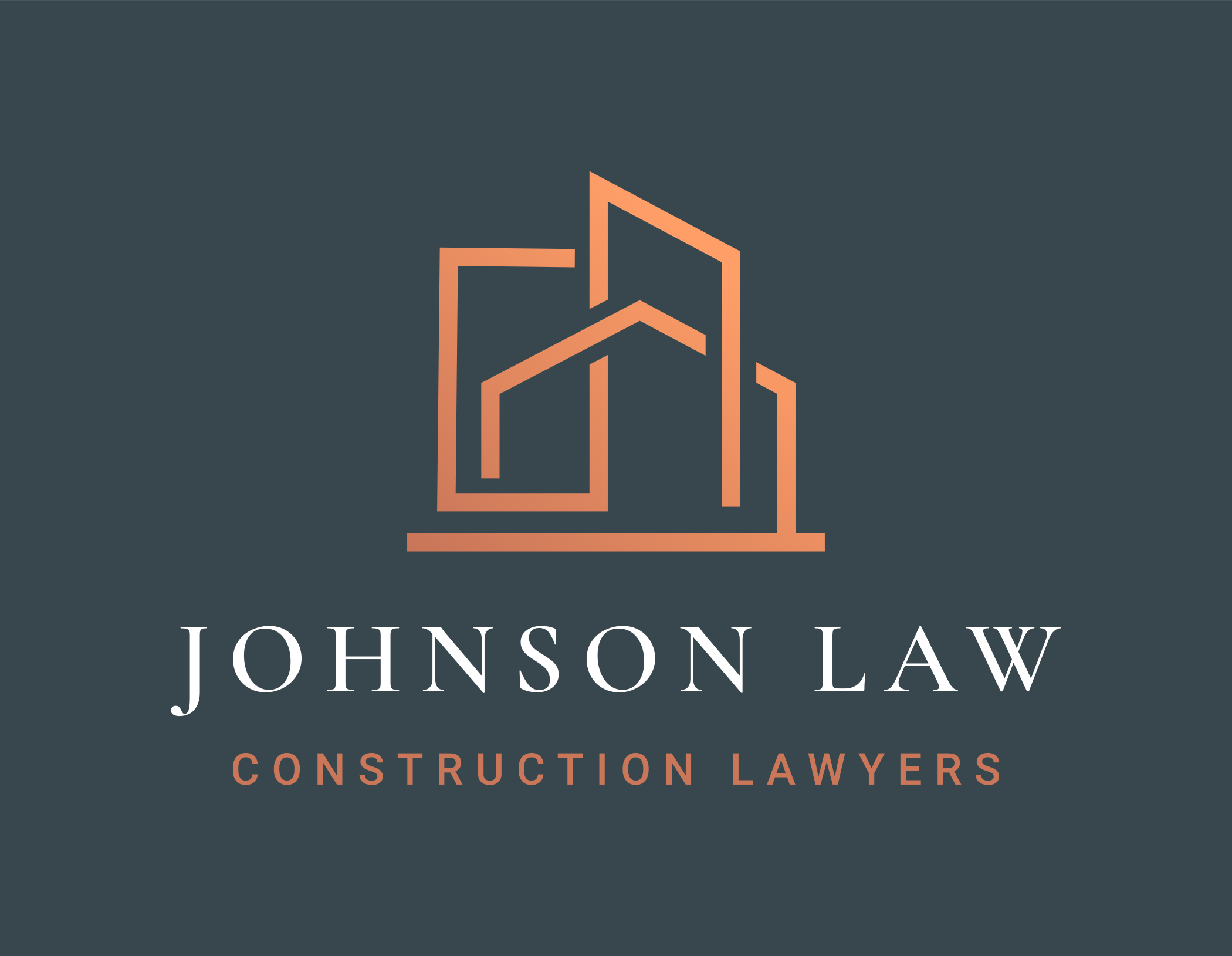Navigating construction defect claims and cases can be a complex and daunting process for homeowners, homeowners associations, apartment building owners, and commercial property owners in Colorado. Luckily, Johnson Law is a reputable law firm dedicated to providing expert legal assistance to clients throughout the state. With their specialized knowledge and experience in construction defect litigation, Johnson Law is committed to helping clients protect their rights and seek fair compensation for construction-related issues. In this blog article, we will explore the comprehensive range of services provided by Johnson Law, catering to homeowners, homeowners associations, apartment building owners, and commercial property owners in construction defect claims and cases.
1. Understanding Construction Defects:
Before delving into the specific services offered by Johnson Law, it is important to understand what constitutes a construction defect. Construction defects refer to flaws or deficiencies in the design, workmanship, or materials used in the construction or renovation of a property. These defects can range from structural issues to mechanical malfunctions or aesthetic flaws, adversely impacting the value, safety, and functionality of the property.
2. The Role of Johnson Law:
Johnson Law is a leading law firm specializing in construction defect claims and cases throughout Colorado. They possess a deep understanding of the legal complexities involved in construction defect disputes and provide comprehensive legal representation to clients, including homeowners, homeowners associations, apartment building owners, and commercial property owners. Their primary objective is to advocate for the rights of their clients, seek appropriate remedies, and secure fair compensation for the damages suffered.
3. Services Provided by Johnson Law:
a. Case Evaluation and Consultation: Johnson Law offers initial case evaluations and consultations to clients seeking legal assistance for construction defect claims. During this process, the firm’s attorneys assess the merits of the case, review relevant documents, and provide expert analysis and advice tailored to the specific needs of homeowners, homeowners associations, apartment building owners, and commercial property owners. This service enables clients to make informed decisions regarding their potential claims.
b. Investigation and Documentation: Once engaged, Johnson Law conducts thorough investigations to gather evidence of construction defects. They collaborate with industry experts, including engineers, architects, and construction professionals, to assess the severity of the defects and determine liability. The firm’s attorneys work diligently to document the defects, preserve evidence, and build a strong case on behalf of their clients, regardless of whether they are homeowners, homeowners associations, apartment building owners, or commercial property owners.
c. Negotiation and Mediation: Johnson Law employs skilled negotiators who engage in settlement discussions with builders, contractors, and their insurance companies. They strive to reach fair and favorable resolutions for clients without the need for protracted litigation. If appropriate, the firm also assists in mediation proceedings, aiming to achieve mutually satisfactory agreements while saving clients time and expenses. Whether it is a homeowners association seeking remedies for defects in a common area or an apartment building owner facing construction-related challenges, Johnson Law is committed to pursuing favorable outcomes through negotiation and mediation.
d. Litigation, Including Trial and Arbitration Representation: In cases where a favorable settlement cannot be reached, Johnson Law has extensive experience in construction defect litigation. Their team of seasoned trial attorneys is prepared to advocate aggressively for their clients, including homeowners, homeowners associations, apartment building owners, and commercial property owners, in court or arbitration. They navigate the complex legal procedures, present compelling arguments, and diligently protect the interests of their clients throughout the trial and arbitration processes.
e. Joint Claims and Class Action Lawsuits: In situations where multiple clients, such as groups of single-family homeowners or homeowners associations, have experienced similar construction defects within a particular development or property, Johnson Law has the expertise to pursue joint cases or HOA standing lawsuits. By consolidating individual claims into a single legal action, they maximize they can strength of the case and ensure collective representation for affected clients. At other times, they may decide it is best for the clients to bring separate claims and cases. Speak with a Johnson Law attorney to decide what is best for your particular claims or cases.
4. Client-Centered Approach:
What sets Johnson Law apart is their client-centered approach. They prioritize clear and open communication, ensuring that clients, whether homeowners, homeowners associations, apartment building owners, or commercial property owners, are kept informed at every stage of the legal process. The firm’s dedicated attorneys provide personalized attention, addressing clients’ concerns, and tailoring their strategies to meet the specific needs of each client. With Johnson Law, clients can trust that their interests are vigorously represented, empowering them to seek the justice and compensation they deserve.
Johnson Law stands as a trusted ally for homeowners, homeowners associations, apartment building owners, and commercial property owners across Colorado, providing exceptional legal representation in construction defect claims and cases. With their in-depth knowledge of construction law, extensive experience in litigation, and commitment to client satisfaction, Johnson Law offers clients the opportunity to protect their rights, seek fair compensation, and navigate the complexities of construction defect litigation successfully. Whether you are a homeowner, a representative of a homeowners association, an apartment building owner, or a commercial property owner, Johnson Law is ready to provide expert legal guidance and support to address your construction-related challenges effectively.

